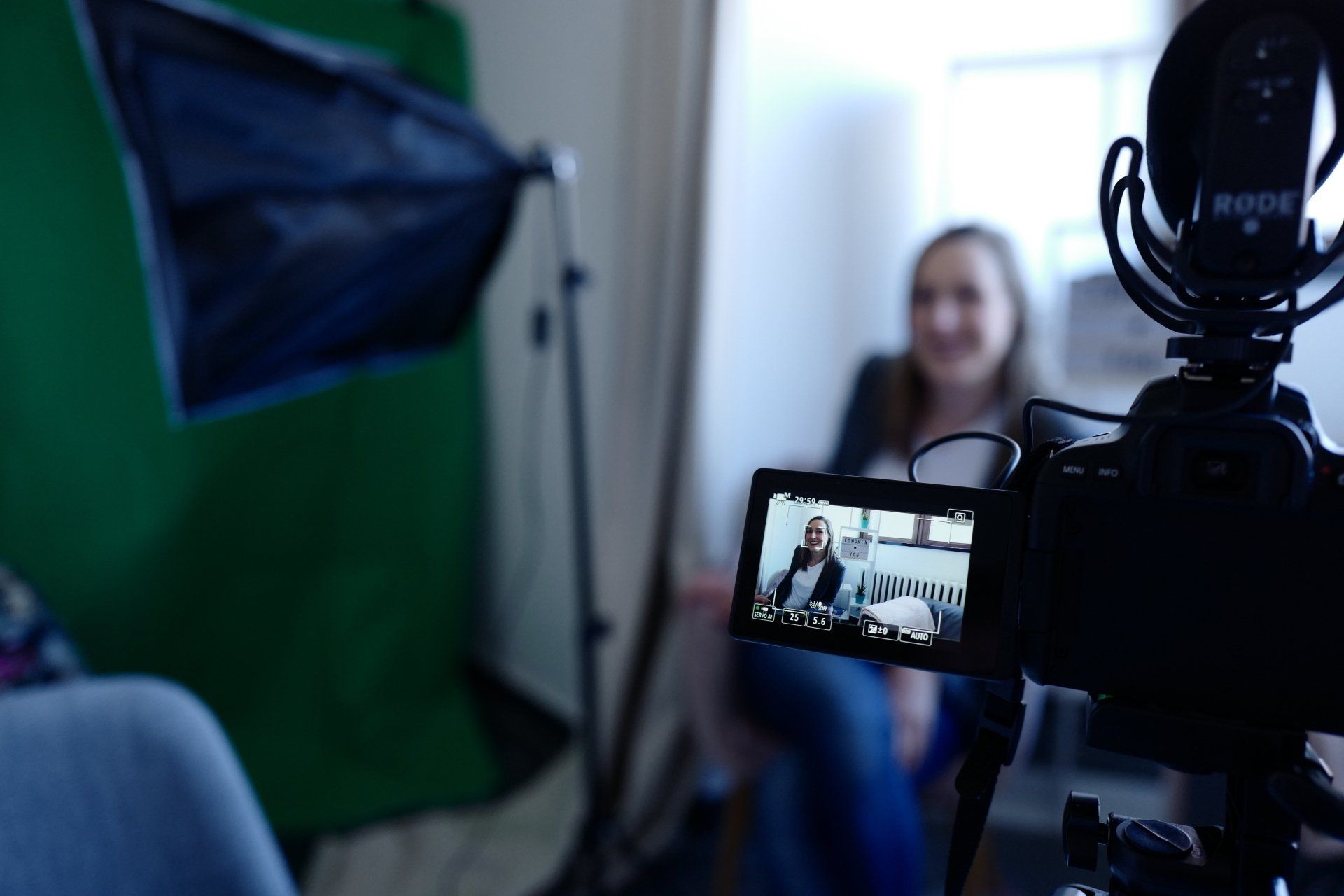Why a budget is important for a small business
Why Are Budgets So Important to a Small Business?
Many people in business know what a budget is, but are they using it? If a small business owner is running their company on cash flow, they may think that that is the same thing has having a budget, or that creating a budget isn't important. Working off of strictly your cash flow is fine, if you are only thinking of this as a job, but looking at purely cash flow can sink a business, no matter how good it is. To create a successful company, small business owners need to operate off a budget.
Creating a budget differs from business cash flow forecasts. Cash flow is the money that a business receives or expects to receive from customers; however, it does not reflect business expenses. With a budget, an entrepreneur has an accurate projection of where the business income is spent at the end of a specific financial period (or where needs to be spent) so that they can plan accordingly.
The planning process
There are innumerable variables to consider when creating a budget. The process can be tremendously complex depending upon the size, scope and type of business the budget is being created for. The planning stages of budget preparation are used to gather the information necessary to generate both short- and long-term budgets for the business. This fact-finding undertaking includes a vast amount of research and must include projected revenues as well as all projected costs associated with the business.
Common expenses
Business expenses can be categorized and reported in a myriad of ways. For any budget to be successful, all expenses must be accounted for.
The IRS has different rules for operating versus capital expenditures, which makes expense categorization awfully significant. Operating expenses include rent or mortgage payments, payroll, utilities and the like. These are the fundamental expenses that are necessary for a business to function. Capital expenditures and non-operating expenses, such as large equipment purchases, updated technology, and interest on business loans, are vital in calculating a business budget and must also be accounted for.
Benefits of Budgeting
Clarifies the priorities of a business
Budgeting is an invaluable tool for an entrepreneur as it brings potential problems to light before issues arise. It allows a business owner to see where costs have increased or decreased, if sales are up or down, and when the business is ready for growth.
Allows better decision-making around employee compensation and operating expenses
Growth is always a goal for a small business. However, expansion necessitates the need for employees and adds to operating expenses. A budget easily allows an entrepreneur to make informed decisions on how much the business can afford to pay a potential employee and any incentives that may be offered to entice someone to work for the company.
Reduces impulse spending.
By providing an accurate view of a business’s financial standing and priorities, a budget helps a business owner reduce impulse spending. It allows them to focus on what the business needs in order to accomplish both immediate and long-term goals instead of letting them buy something that the company doesn't need at that moment.
Relying on cash flow without a budget is not a wise decision for any business owner. The benefits that budgeting provides to a business are irreplaceable. If you find yourself in need of a budget for your small business and are not sure where to start, contact Stevan Browning.



Home | About | Books | Pricing | Solution Partners | Contact | Blog | Privacy Policy | Terms of Service | Disclaimer
Copyright © 2024 · Browning Business Management, Inc. · All Rights Reserved.
* Start Right and Run Right Coaching is a Browning Business Management, Inc. service.







